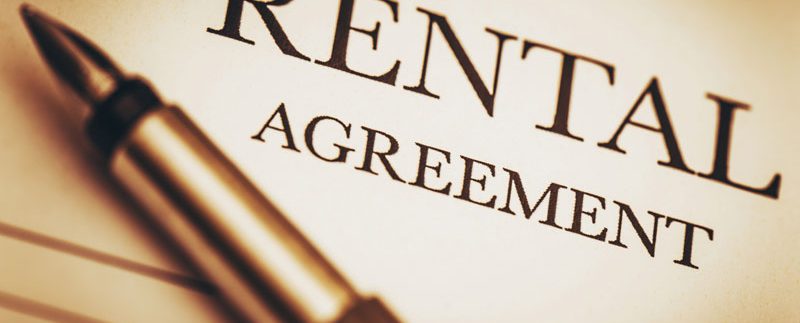Clearing Up the Fallout from the Condo Rental Law Changes

There has been lots of news
and issues bouncing around recently in regards to purchasing an apartment in Thailand as an investment to manage and make back money through the rental returns market. The issues have been brought to attention by the hotel industry, which has been going through a time of dilapidated occupancy stats, which have been affected from the direct competition of the holiday apartment rentals sector.
There has been much said in the media over the past few months in regards to apartment owners renting out their property to holidaymakers now needing a work permit to rent out their property. But what is the real truth in the matter? To be honest, there are a lot of half-truths and legally inaccurate assumptions made, so we would like to take this opportunity to clear them up a little.
Is renting out a condo via a personal arrangement with someone else in breach of Thai employment laws? In Section 5 of the Alien Workers Act it says “Work by using manpower or knowledge, whether those who perform the work want a wage or any other benefits in return or not.” So it basically states that any foreigner that meets that definition needs a work permit. Renting out your condo is deemed as a service, however, if you are operating this service from a location outside Thailand, you don’t need a work permit.
Can I rent my property for upwards of 30 days or more at a time?
The Hotel Act restricts rentals under 30 days without a license, however, there is an exception to the rule if your property has 4 bedrooms or less when the money generated from the rental is not the primary source of income for the operator.
If you are operating with a Thai company, do you need a work permit because you have Thai directors?
Pretty much so. Even if you are operating under the banner of a Thai company but you are a foreigner and even a share holder in the company, if you are actively doing business or even acting on behalf of the company, you must still have a work permit.
Your property is registered as a condo with the Land Department, so it can’t be registered as a hotel?
Not true. Part of the Condominium Act will regulate a certain type of real estate ownership, but not necessarily business activities. It’s the Hotel Act that defines the nuances and the types of activity in the hotel business. If your condo purchase or the registered development complies with the regulations of the Hotel Act, and all owners of condos in the complex have agreed to the type of activity at the development to obtain a hotel license, a condominium can get a hotel license.
There are lots of examples and cases where a registered condo development has managed to be granted a hotel license, so it’s not impossible. However, you would need to follow a planned process when the development is being initially set-up, although you can change a pre-existing development’s registration details to obtain the hotel license.
To get your property legal it can take quite some time and even then you might not be able to get registered as a hotel, simply because they are not hotels.
Very True. As the laws currently work, most ‘illegal’ hotels can’t get legal because they cannot meet the requirements of the Building Control Act that legal hotels must adhere to. It could take a significant amount of time to ensure your property complies to obtain legal status. But please remember that rentals with less than 5 bedrooms being rented out for less than 30 days (only for an additional income source) could obtain legality by reporting their actions to the local authorities that deal with such issues.
Does the Hotel Act need to be updated for those with condos or villa developments or individual properties who want to obtain a hotel license are willing to get legal and meet the requirements?
Yes, for sure. This would require an amendment to the current Hotel Act and although there are the aforementioned exceptions to the rules as exampled with the ‘secondary income’ clause, there are many requirements you need to meet to get a hotel license. A change in the Hotel Act could help many current ‘illegal’ hotels in Thailand by creating new categories, or maybe even by creating a ‘lower’ grade license with less stipulations and a fee to the Thai government.
If you have any questions about meeting the requirements to rent out your property, please send us an email because we have many legal representatives who are experts in Thai property laws at My Pattaya Condo.
